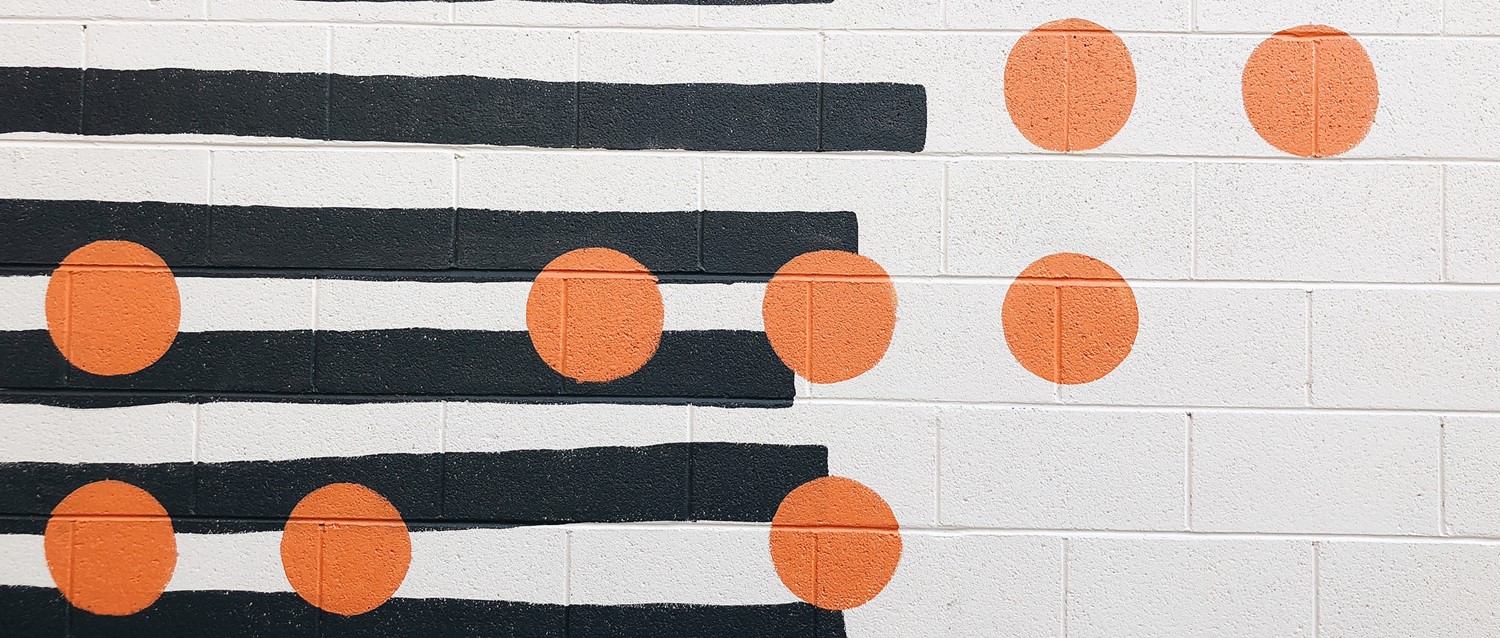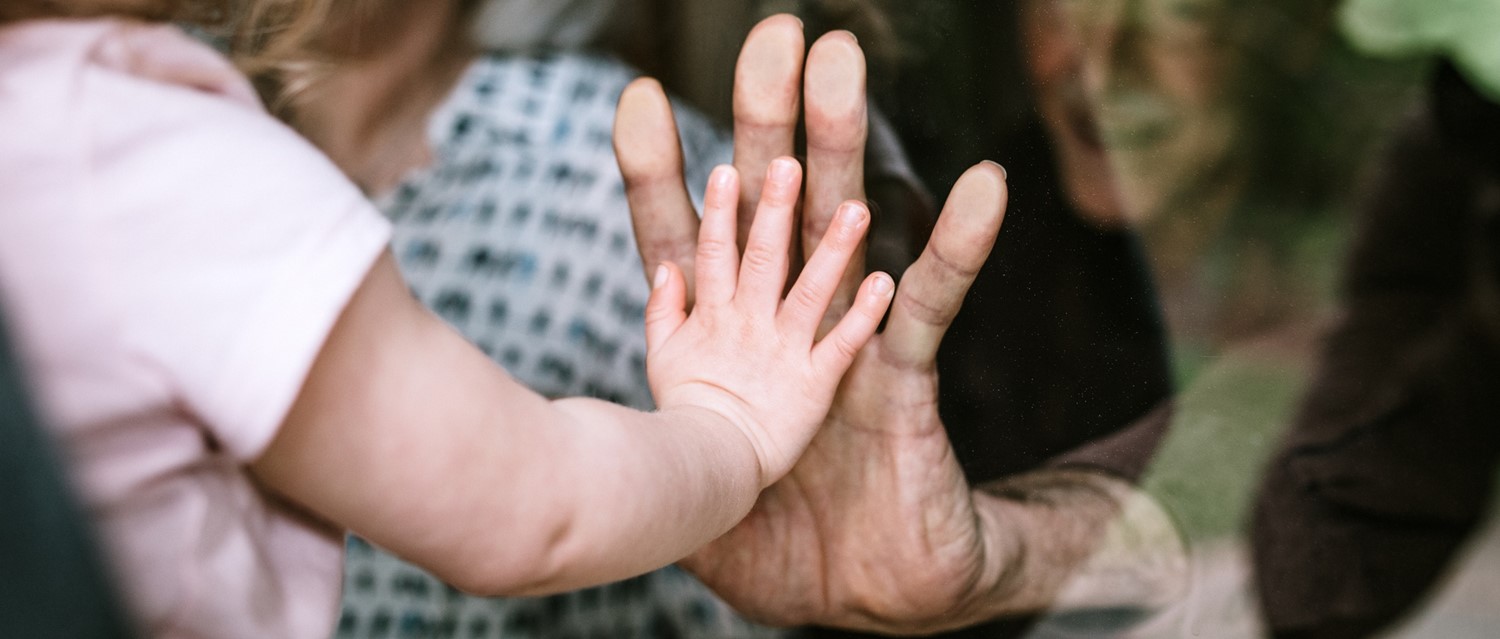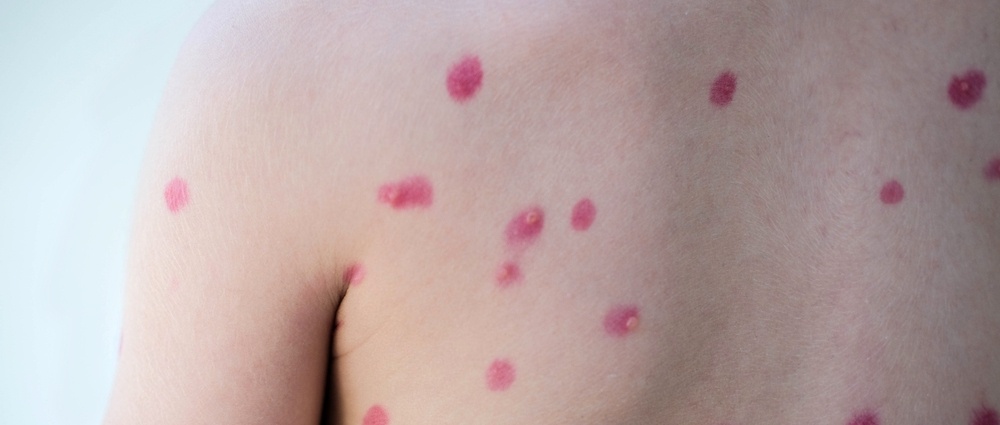
Why isn't the chickenpox vaccine available on the NHS?
Peer reviewed by Dr Sarah Jarvis MBE, FRCGPLast updated by Gillian HarveyLast updated 28 Mar 2019
Meets Patient’s editorial guidelines
- DownloadDownload
- Share
- Language
- Discussion
Chickenpox is sometimes seen as a necessary part of childhood. However, whilst the condition is associated with fairly mild symptoms - a fever, and itchy spots - that pass within a week, a significant number of children do go on to develop complications. A vaccine is available (though not on the NHS) - so should your child have it?
In this article:
Video picks for Vaccinations
"We know that up to 20 - often previously healthy - children every year die from chickenpox in the UK," explains Professor Judy Breuer, professor of virology and head of Division of Infection and Immunity at UCL. "In addition, a significant number will get really severe secondary skin infections like streptococcus which, in rare cases, can cause the flesh-eating necrotising fasciitis."
Continue reading below
So why not vaccinate?
Perhaps surprisingly, although an effective chickenpox vaccine has been available for several years, the NHS has, at present, not added this to the childhood vaccination programme. The reason for this is not to do with the vaccine itself or its effectiveness, but the potential problems it might create for others.
"The vaccine is very safe," explains Breuer. "As with other vaccines, where there have been problems is where the child has an underlying immunosuppression that has not been recognised. But that's very rare. And the great thing about the vaccine strain is that symptoms can be treated with aciclovir."
However, for adults who have previously contracted chickenpox, being exposed to children with the condition has been thought to give an immunity boost that reduces the risk of shingles.
"That was the rationale for not introducing the vaccine. When you cost it out, it's much more costly if people have shingles than if children have chickenpox, as chickenpox generally is a mild disease," explains Breuer.
Private availability
Back to contentsFor parents who would like to have their children vaccinated, many private clinics across the UK offer this for under £100. Provided your child isn't immunosuppressed, it would seem that the benefits for children stack up.
"As the majority of children will contract chickenpox, and the vaccine is safe and effective, if you discount the risk of shingles to the adult population, then the numbers add up," explains Breuer.
Continue reading below
Hope for the future
Back to contentsDespite previous concerns, it is now thought that the risk of shingles to the adult population may have been overestimated.
"There are questions now as to whether the modelling has overestimated the amount of protection that you being exposed to your child's chickenpox will give you. Some countries have now decided that they don't think the shingles risk is as large as was thought," explains Breuer.
"The whole of Canada, the USA, Australia and New Zealand vaccinate, as well as several countries in Europe. There are lots of places that do now vaccinate against chickenpox because they don't necessarily think that the story about shingles is going to hold up."
"The UK is now revisiting the modelling to see whether the modelling that has been done in the past really does reflect the reality."
It may be that this will lead to a decision for the chickenpox vaccine to be included in the standard immunisation programme for children in future years. However, for now, the decision to vaccinate remains with parents - and their wallets. But the evidence strongly suggests that vaccinating your child against chickenpox makes a lot of sense.
Patient picks for Vaccinations

Children's health
Why do kids need the flu jab?
This winter, the NHS is launching its biggest ever flu vaccination campaign. Doctors and virologists explain why, and how giving consent for your children's vaccinations helps protect kids - and everyone else.
by Ellie Broughton

Children's health
Should your child get the chickenpox vaccine?
Many of us will remember having chickenpox as a child. The itchy red spots were almost impossible to stop scratching, but doing so could lead to scarring. In an attempt to soothe the itch, parents would douse us in calamine lotion and oatmeal baths. But now, instead of catching the virus to provide immunity, there’s another route parents can choose - the chickenpox vaccine.
by Lydia Smith
Continue reading below
Article history
The information on this page is peer reviewed by qualified clinicians.
28 Mar 2019 | Latest version

Ask, share, connect.
Browse discussions, ask questions, and share experiences across hundreds of health topics.

Feeling unwell?
Assess your symptoms online for free
Sign up to the Patient newsletter
Your weekly dose of clear, trustworthy health advice - written to help you feel informed, confident and in control.
By subscribing you accept our Privacy Policy. You can unsubscribe at any time. We never sell your data.